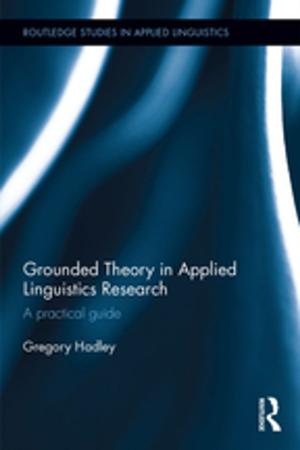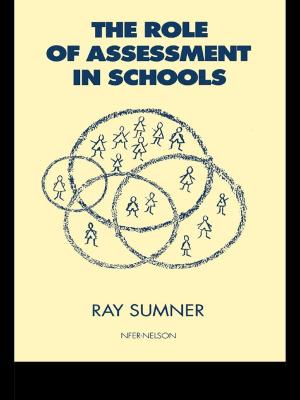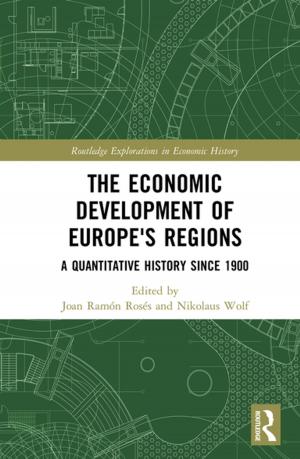Spatial Citizenship Education
Citizenship through Geography
Nonfiction, Reference & Language, Education & Teaching| Author: | ISBN: | 9781351676854 | |
| Publisher: | Taylor and Francis | Publication: | September 21, 2018 |
| Imprint: | Routledge | Language: | English |
| Author: | |
| ISBN: | 9781351676854 |
| Publisher: | Taylor and Francis |
| Publication: | September 21, 2018 |
| Imprint: | Routledge |
| Language: | English |
Spatial Citizenship Education is an innovative exploration of ways to engage and promote citizenship through a deeper understanding of spatial and geographic perspectives. The authors propose that recognizing the relationship between space and citizenry enables productive and positive engagement with important societal issues such as equity, justice, and environmental stewardship. By providing a historical overview of geography’s contribution to citizenship education, including progress made and challenges faced by educational reform movements, this collection shows how geography can contribute to a new type of citizen—one with an enhanced understanding of the world as seen through the key concepts of geography: space, place, scale, power, and human-environment relationships. Through a theoretical explanation of key citizenship ideas, and by providing practical, classroom-based teaching tools, this volume will be essential for geography education researchers and social studies educators alike.
Spatial Citizenship Education is an innovative exploration of ways to engage and promote citizenship through a deeper understanding of spatial and geographic perspectives. The authors propose that recognizing the relationship between space and citizenry enables productive and positive engagement with important societal issues such as equity, justice, and environmental stewardship. By providing a historical overview of geography’s contribution to citizenship education, including progress made and challenges faced by educational reform movements, this collection shows how geography can contribute to a new type of citizen—one with an enhanced understanding of the world as seen through the key concepts of geography: space, place, scale, power, and human-environment relationships. Through a theoretical explanation of key citizenship ideas, and by providing practical, classroom-based teaching tools, this volume will be essential for geography education researchers and social studies educators alike.















